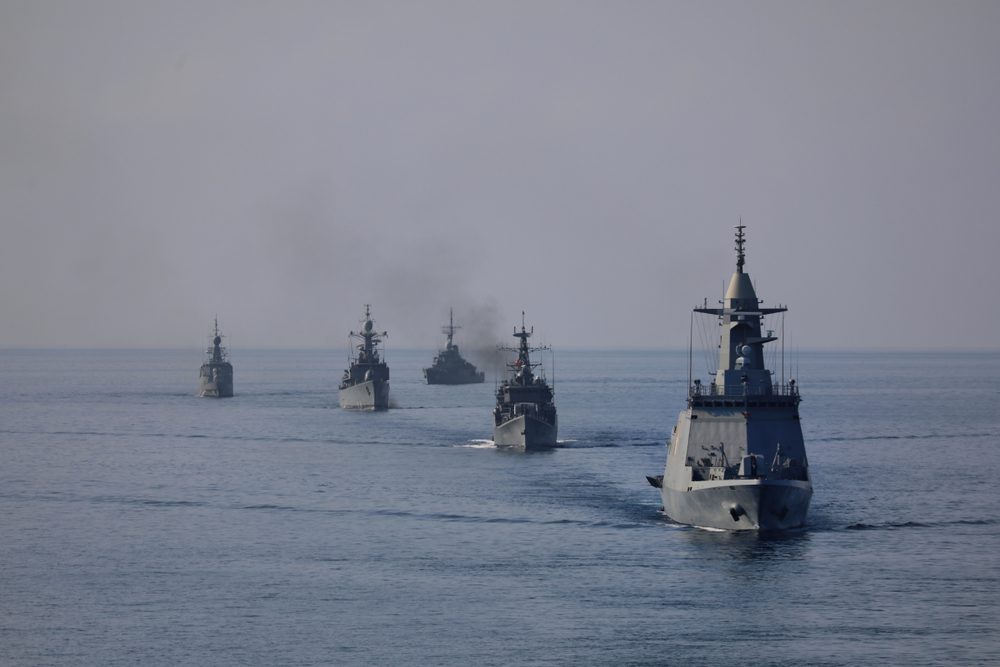
European Union member states should deploy their navies to patrol the Taiwan Strait as a deterrence against Beijing, the EU’s High Representative for Foreign Affairs Josep Borrell said on Saturday, April 22nd—hitting back at France’s Emmanuel Macron for suggesting detachment on the Taiwan issue.
After President Macron’s remarks earlier this month set ripples through the international community by advocating for a more balanced EU policy on China-Taiwan relations and saying Europe should not “follow U.S. policy, out of a kind of panic reflex,” the EU’s foreign affairs took to the press to argue otherwise:
Europe must in fact be very present on this issue [of Taiwan], which concerns us economically, commercially, and technologically.
That is why I call on European navies to patrol the Taiwan Strait to signify Europe’s commitment to freedom of navigation in this absolutely crucial area. At the same time, we must be vigilant against provocations and overbidding.
The vast majority of the Taiwanese population believes that the peaceful status quo is the most appropriate solution. Let us, therefore, be firm in ensuring that this principle is respected.
The High Representative was not the first to challenge President Macron’s position so far within the EU. For instance, members of the German political elite were also quick to respond by reassuring Taiwan that they still consider the situation as a “great concern” and viewed Macron’s remarks as “extremely short-sighted.”
Similarly, Manfred Weber, the president of the largest parliamentary group in the European Parliament (EP), the European People’s Party, also chose to publicly denounce Macron’s suggestions of a more Europe-focused foreign policy, calling them a “disaster” that “weakened the European Union.”
However, no EU official went as far as Borrell to straight up urge member states to send their own warships to the Taiwan Strait before. The call—especially if it’s answered—could be easily viewed as a provocation by Beijing, potentially giving cause for further escalation.
Currently, there are only three member states who are considered capable of naval patrol missions as far as the Western Pacific: France, Germany, and the Netherlands. Outside the bloc, there is also the UK, which already deployed its then-brand-new HMS Queen Elizabeth to the South China Sea in 2021.
According to the U.S. Naval Institute (USNI), the United States currently has at least five carrier strike groups deployed in the approximate region, which routinely carry out exercises and shows of force around the strait. The most recent strait transit by a U.S. Navy ship (and the second one this year) was just completed on April 16th by the guided-missile destroyer USS Milius.
While Beijing insists that any transits through the Taiwan Strait by foreign warships require Chinese permission, the U.S. Navy operates without it to “demonstrate commitment to a free and open Indo-Pacific,” sailing “anywhere international law allows.”
For European warships, however, it is quite rare to transit through the Taiwan Strait as boldly as the U.S. According to Taiwan, Paris did send the surveillance frigate Prairial through the strait earlier this month, but the German frigate Bayern chose to skip risking the voyage when it sailed through the region in 2021 for the first time in two decades.
